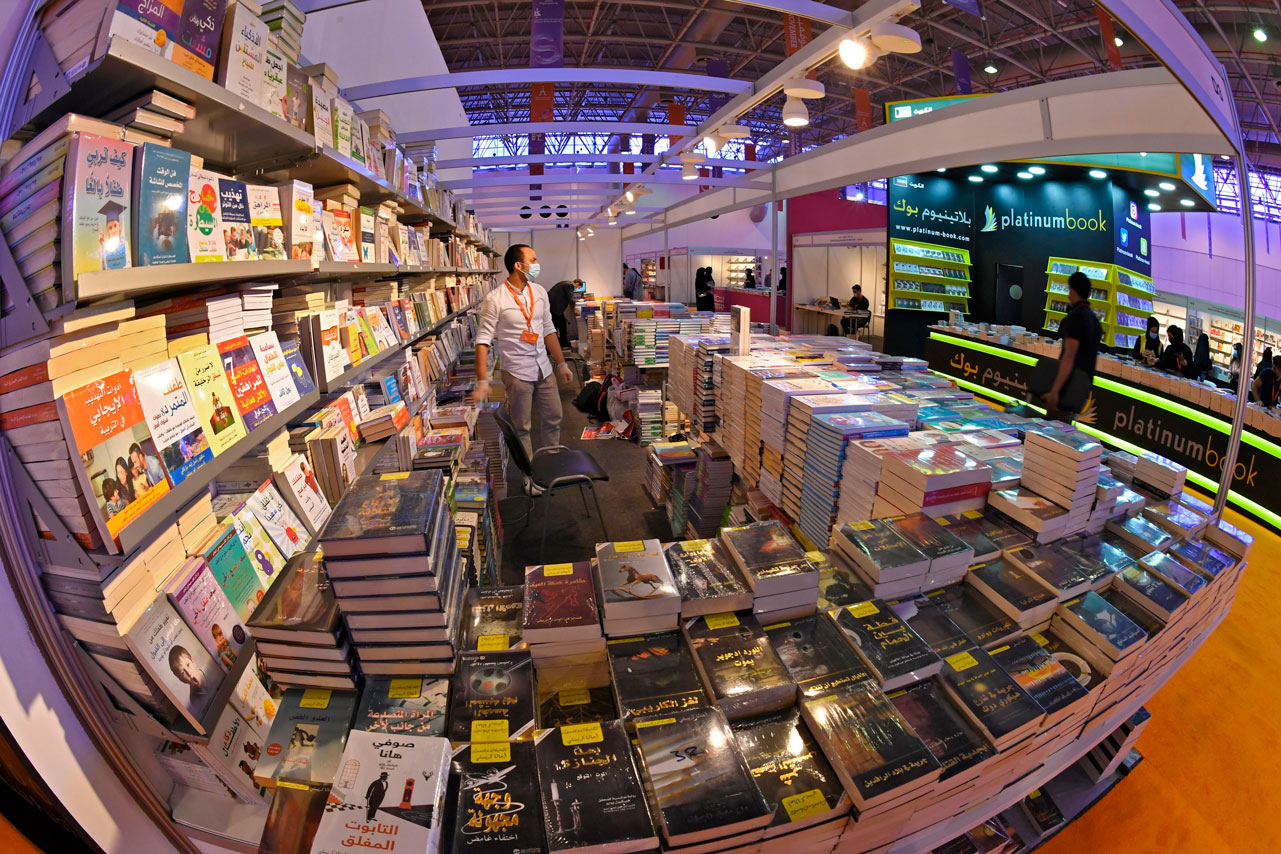The Arab world has a rich literary heritage and a vibrant contemporary literary scene that has attracted many English speaking readers — Arabic is one of the 10 most translated languages for American audiences. But the process of translation is complex and often politically fraught.
In this podcast, Reem Bassiouney, sociolinguistics professor and award-winning author of “Sons of the People: The Mamluk Trilogy,” and M Lynx Qualey, editor of ArabLit.org, join New Lines’ Lydia Wilson and Faisal Al Yafai to discuss the many challenges of translating Arabic literature.
Translation, they explain, requires managing many, often contradictory goals. It is not just a matter of translating the literal meaning of the words on the page. A good translation must also preserve elements of a writer’s style, as well as idioms and cultural references that are unfamiliar to readers in other languages.
When this is done well, translators act as bridges between cultures. But that comes with a darker side: Many Arab writers have had their words changed and their meanings twisted by publishers more interested in confirming readers’ preconceived notions than remaining faithful to a work’s original meaning.
As M Lynx Qualey explains, a translator is in “both this low-paying, low-prestige position but also a position in which they do wield a lot of power. It’s sort of a contradictory position, I think.”
Produced by Joshua Martin


